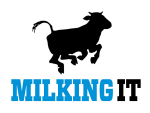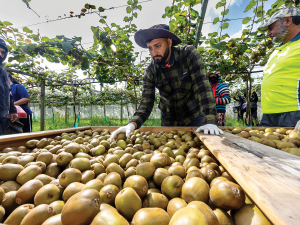The Resource Management Reform Bill 2012, introduced by Adams, is part of a resource management reform package that next year will see further reforms, including specific proposals for improving the management of freshwater.
The key features of the bill are:
• A stronger requirement for councils to base their planning decisions on robust cost-benefit analysis
• A six-month time limit on the council processing of medium-sized consents
• A streamlined process for Auckland's first Unitary Plan
• Consent applications for major regional projects can be directly referred to the Environment Court more easily
• Enables the Minister for the Environment to make regulations requiring local authorities to monitor the environment according to specified priorities and methodologies
Adams says the costs, uncertainties and delays of the current resource management system are affecting New Zealand jobs, infrastructure and productivity, and place an unfair burden on communities.
"New Zealand is richly blessed with natural resources. The Government's reform package is about ensuring we manage our resources more effectively and efficiently to deliver both economic and environmental benefits for future generations, and recognising the key role of the RMA as the framework under which planning decisions are made."



















